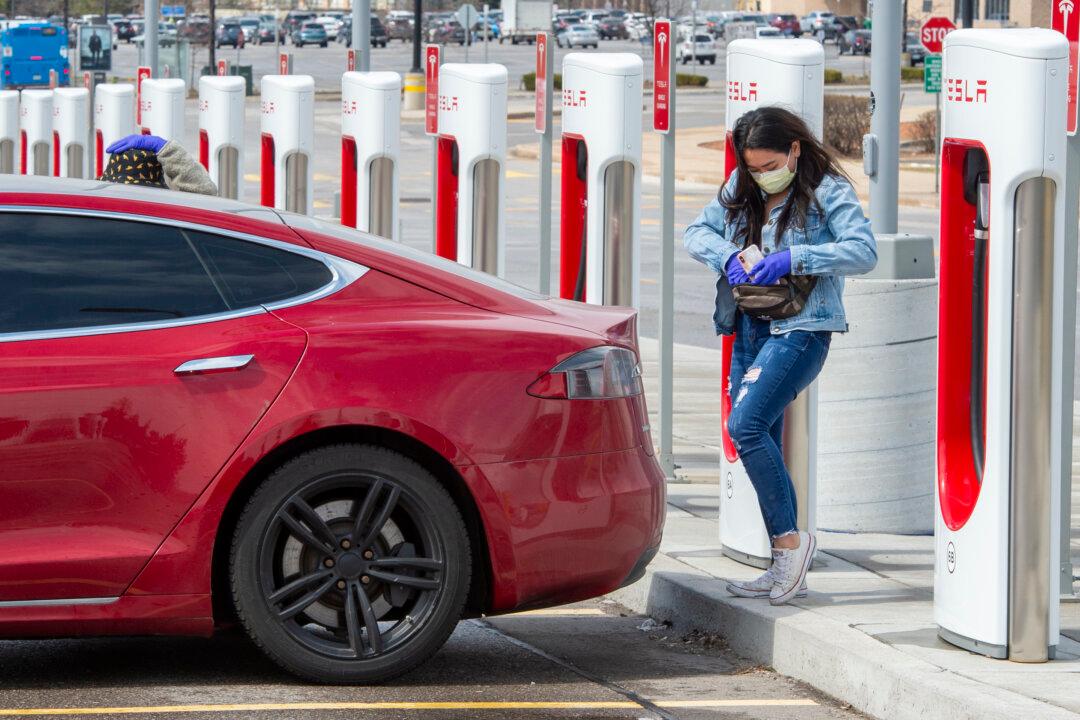A federal program introduced in 2019 to offer Canadian electric vehicle buyers a rebate of $5,000 went over budget by $459 million, according to an internal audit by Transport Canada.
“Despite the pandemic, the uptake of the iZEV Program was higher than expected and funding was an ongoing concern,” reads the audit, published Nov. 30, 2022, as first reported by Blacklock’s Reporter.





